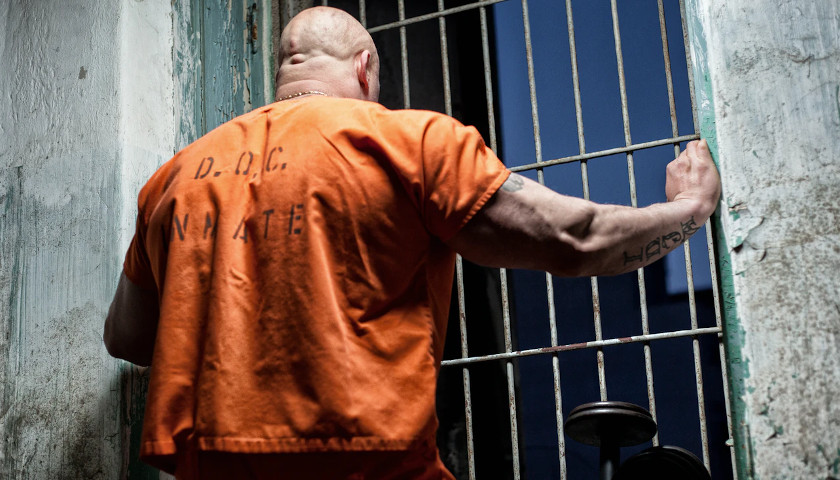Two of Governor Bill Lee’s criminal justice reform initiatives were passed unanimously by the Tennessee Senate on Wednesday. Once approved by the governor, the bills will expand community-based incarceration alternatives and parole eligibility, respectively.
The sponsors on the legislation were State Senators John Stevens (R-Huntington) for the former bill and Ken Yager (R-Kingston) for the latter. State Representative Michael Curcio (R-Dickson) was the House sponsor for both.
The first legislation, HB0784/SB0767, would allow the Tennessee Department of Correction (TDOC) to contract with local governments or outside entities and organizations for incarceration alternatives. These would include drug court treatment and mental health programs. It would also eliminate “stacking” sentence terms.
As The Tennessee Star reported, several amendments were presented in the House for the first legislation. Amendments that offered simple clarifications to the bill were adopted; one amendment removed a requirement that TDOC supervise the incarceration alternatives. Several other amendments that sought substantial changes, such as removing provisions addressing probation revocation on technical violations, were tabled.
The second legislation, titled the “Reentry Success Act of 2021,” issued reforms on parole creating a presumption that eligible inmates must be granted parole on their eligibility date. Additionally, it creates three levels of punishment for non-felonious parole violations: 15 days’ imprisonment for the first violation, 30 days for the second, 90 days for the third, and either one year or the remainder of the sentence for the fourth.
The House passed the act almost unanimously last week, per The Star.
In order to address the act on Wednesday, the Senate moved to suspend its rules to surpass the bill’s final hearing before the Senate Calendar Committee.
The only legislator in either the House or Senate to vote against both bills was State Representative Bruce Griffey (R-Paris). He posted following both bills’ passages in the House, warning that the reforms were “soft on crime.”
“Yesterday was a tragic day at the Tennessee Capitol – probably the worst day since I have held [o]ffice. Governor Bill Lee’s soft on crime bills passed on the House Floor,” wrote Griffey. “It was not without warning from me of the devastating consequences that will result. I’m still baffled as to why the legislature would not heed warnings by District Attorneys across the state, judges, probation officers, victims, etc. God help us and the State of Tennessee!”
During the final Senate floor hearing on the first bill, Stevens said that the legislation provided improved ways of holding criminals accountable while retaining community safety. He noted that drug recovery systems and mental health treatments have a strong track record.
As for the second bill, Yager said that these reforms were “long overdue.” He said that 95 percent of all incarcerated individuals will rejoin society, and that Tennessee has one of the highest recidivism rates in the country. Yager defended that this bill would give “direct, sensible, effective” solutions in parole law to reduce recidivism and save taxpayer money.
Both bills now head to the governor’s desk for approval.
– – –
Corinne Murdock is a reporter at The Tennessee Star and the Star News Network. Follow her latest on Twitter, or email tips to [email protected].





